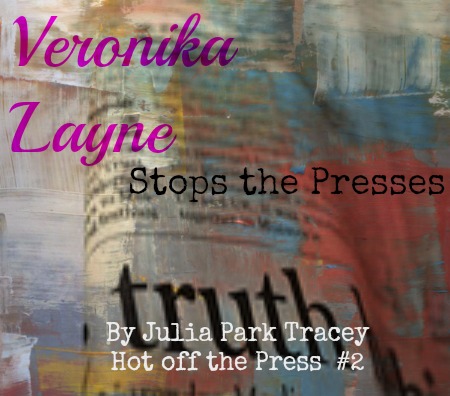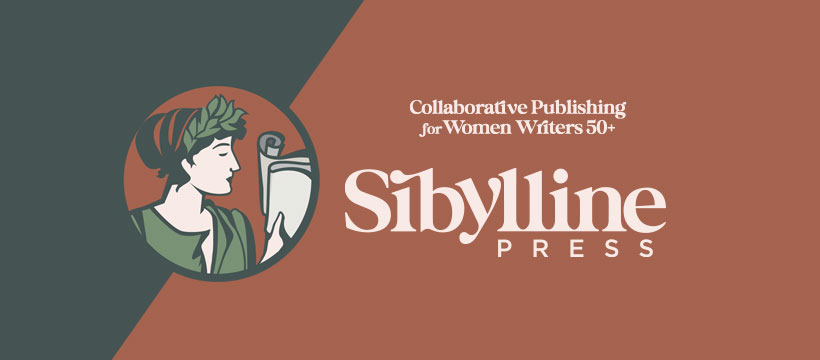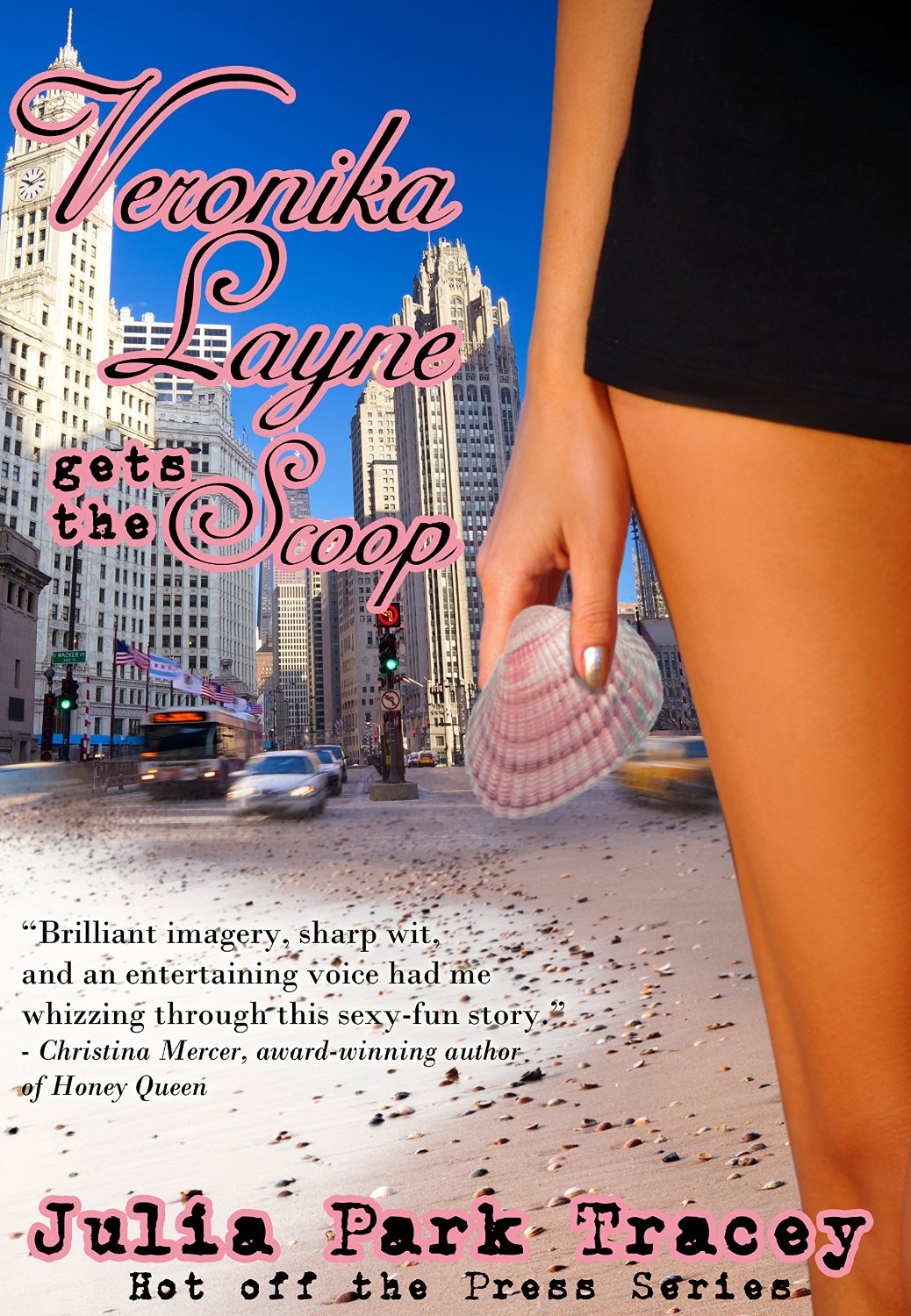novel
-
Book Club Inquiry
I love book clubs and have been a member of one myself. I would love to come and visit your book club either virtually or physically (in the Sacramento/Foothills area). Connect with me through Novel Network: All book club scheduling is done via Novel Network. This is a free service that arranges a 30-minute online visit either by FaceTime, Skype, or phone. The visit is free and so is your membership. There is, however, a small fee for longer, one-hour online and/or in-person visits. Please click here to sign up for your Novel Network membership and to request an in-person or online visit to your book club. Thank you!
- Books, Contest, gratitude, marketing, News, novel, Orphan Train, Sibylline Press, The Bereaved, writing
Goodreads Giveaway throughout August!
The Bereaved comes out in August, and the launch party is days away. I wanted to share some fun stuff with you. For one, there’s a Goodreads Giveaway going now through the end of the month. (Click the link there to enter.) No charge to enter, of course. Don’t be silly. Of course I want you to win a copy! Then there’s The Bereaved book trailer. I’m working on posting it to the site here; it goes live on Friday on social media. Which, by the way, for me now is mostly Facebook, Instagram, and Threads, although I am definitely on TikTok, and I have a toe in the water…
-
Announcement!
Publisher’s Weekly Shelf Awareness (Dec 1, 2022) (https://www.shelf-awareness.com/issue.html?issue=4370#m58402) Four women with extensive book world experience have launched Sibylline Press, which will focus on publishing “the brilliant works of women authors over the age of 50,” including memoirs, narrative nonfiction and fiction. Sibylline Press will release six books in fall 2023 and six in spring 2024 and will be distributed to the trade by Publishers Group West. The company also has an unusual publishing model, which involves Sibylline authors being deeply involved in the promotion of their books and other Sibylline titles. Vicki DeArmon The Sibylline founders are: Publisher Vicki DeArmon, who has a publishing, bookselling and entrepreneurial background that includes founding…
-
Forthcoming from Sibylline Press Fall 2023
Excited to announce that I have signed a contract and my historical novel, The Bereaved, will be in bookstores in fall 2023. Prepare yourself for nattering and humblebrags with a side of shameless self promotion. I hope you will love the story of Martha and her Orphan Train children, based on the true story of my fourth great grandmother and her four scattered children. Writing this story was one way I grieved the loss of our son. Martha and her lost boy are so much a part of me. Literally in my DNA. #fallbooks #bookstagram #booksofinstagram #historicalfiction #civilwar #suicidelosssurvivor
-
The Cause of Conscience: Go Set a Watchman (Book Review, Part 1)
(WARNING: Spoilers) I have never read To Kill a Mockingbird. This is cause for alarm among you many literate people, but you needn’t think me unlettered. In high school I read Poe, Shakespeare, JD Salinger and Carson McCullers; lots of plays, many short stories, and certainly some fat summer beach reads, too (The Thorn Birds, Jaws, Roots, Shogun and Hotel, to name a few). In college I majored in journalism and had no cause for deep American reading, and no affinity for Southern lit, but I did read Flannery O’Connor and William Faulkner. I went on to study early 20th-century British literature for my master’s degree, and drank my fill…








